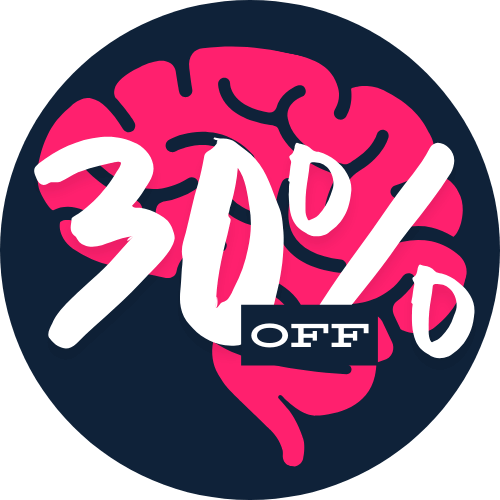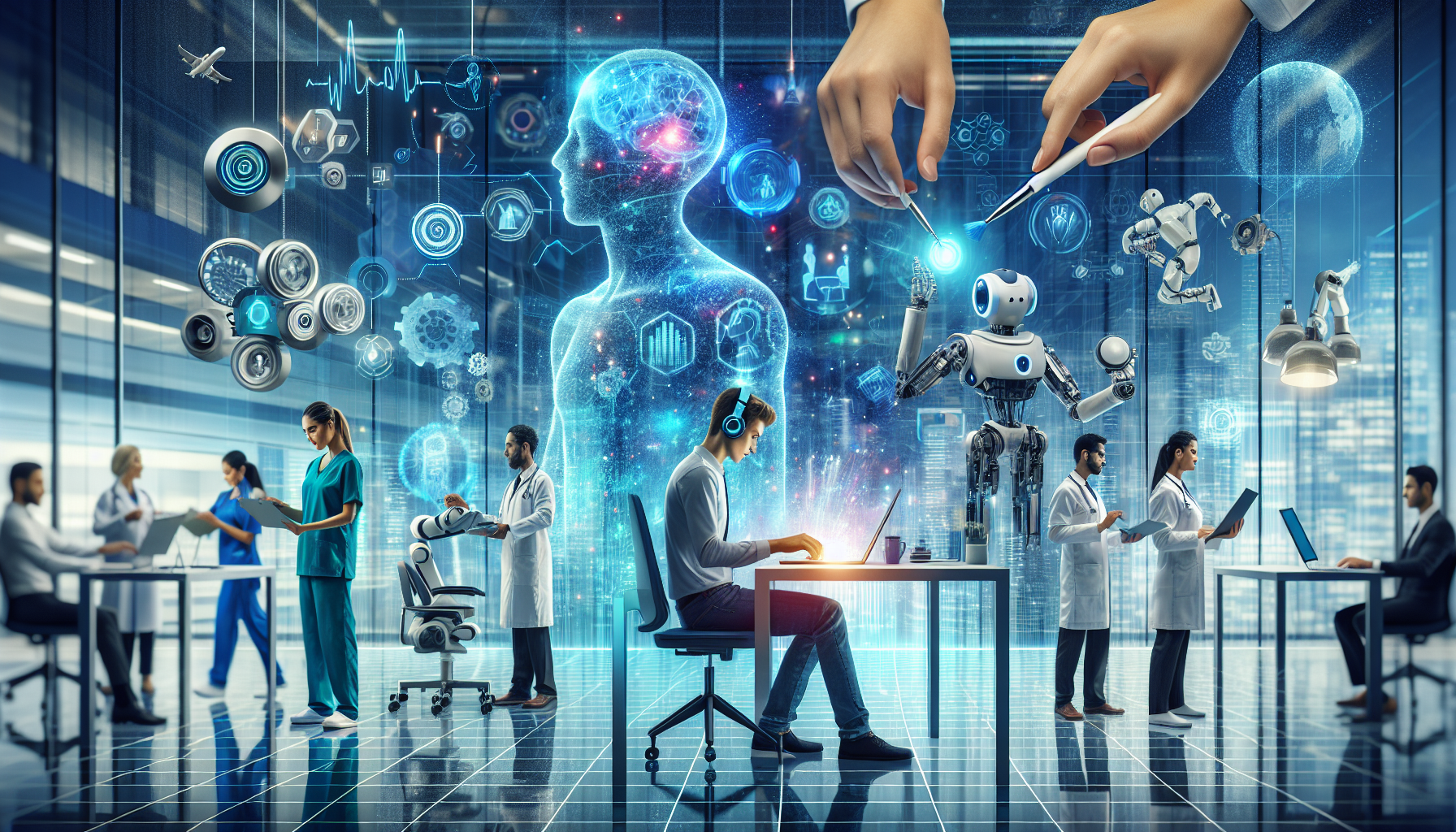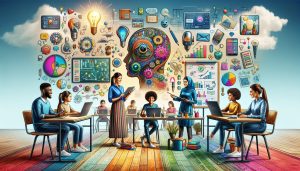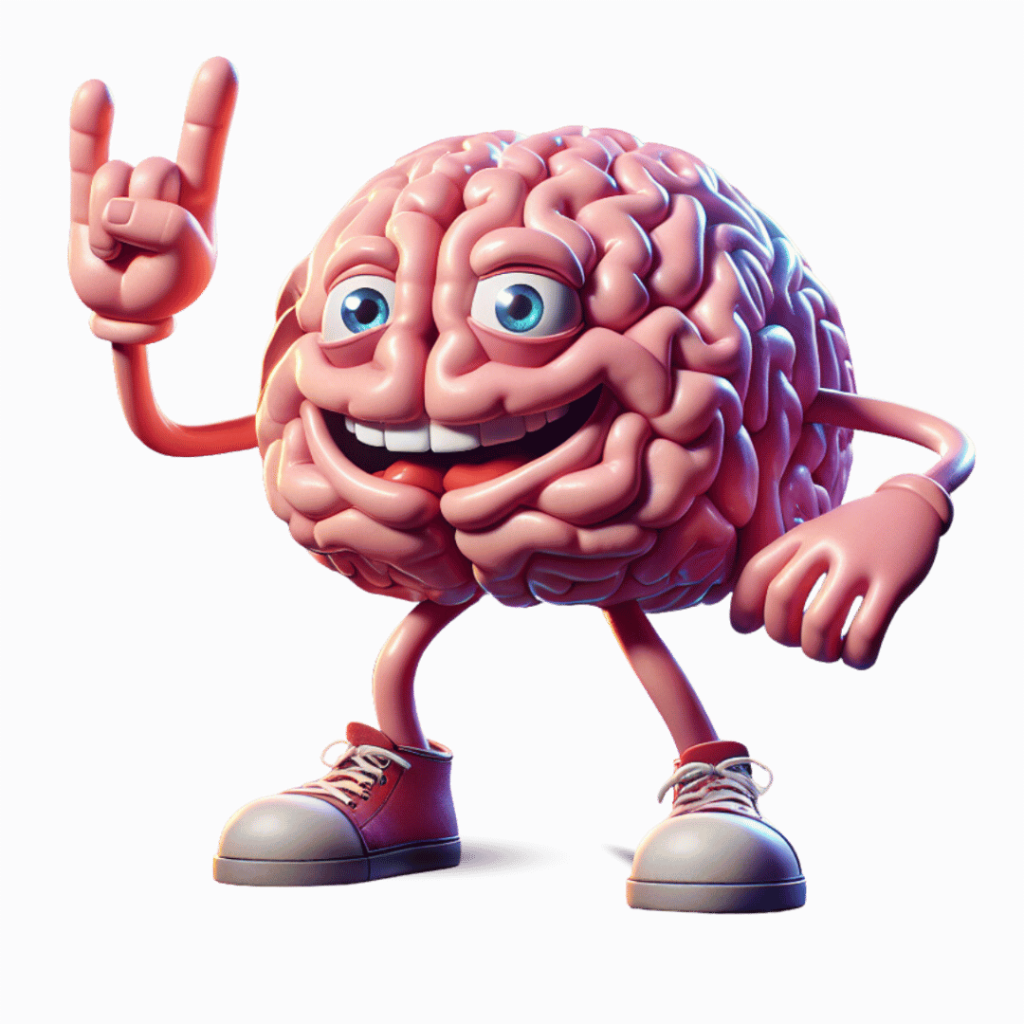Let’s face it: the sight of a robot briskly zooming around the office can be downright terrifying. You might be chuckling at the memory of the awkward robot that tried delivering coffee and ended up spilling it all over the IT department. Yet beneath these humorous mishaps lies a profound reality—artificial intelligence is revolutionizing our work cultures in ways we’re only starting to comprehend.
While many fear that AI is out to snatch our jobs, the truth is more like a plot twist in a long-running sitcom. Rather than putting us on the unemployment line, AI is shifting career paths, empowering professionals, and reshaping roles that might seem set in stone. This post will take you on a journey to explore how industries are using AI as a versatile tool and what it means for your career trajectory.
The Rise of AI in the Workplace
Historical Context
Let’s hit the rewind button. Technology has always been the unsung hero of workplace transformation, from the clunky typewriter to today’s sleek AI-driven solutions. The timeline is a wild ride with major milestones, starting from the introduction of the first computers in the ’70s to the dawn of the internet in the ’90s, and now, the meteoric rise of AI in the last decade. Each leap forward has made our workflows smoother, albeit with the occasional hiccup (looking at you, 1995 dial-up).
Current Applications of AI
As we fast-forward to today, AI is no longer just about sci-fi movies. It’s real and bustling through various sectors like a hyperactive intern. Think about chatbots responding to customer inquiries, predictive analytics identifying market trends, and AI in healthcare diagnosing illnesses faster than a speeding ticket. Recent statistics show that industries are embracing these innovations at unprecedented rates, and we’re just scratching the surface.
The Shifting Landscape of Career Paths
New Job Creation
Emerging Roles
Let’s break out the crystal ball. The job market is evolving, and with it, exciting new roles are cropping up. Positions like data scientists, AI ethics consultants, and robotic technicians are becoming the norm. Imagine a world where your coworker is an AI specialist who helps train machines—now that’s a conversation starter at the water cooler!
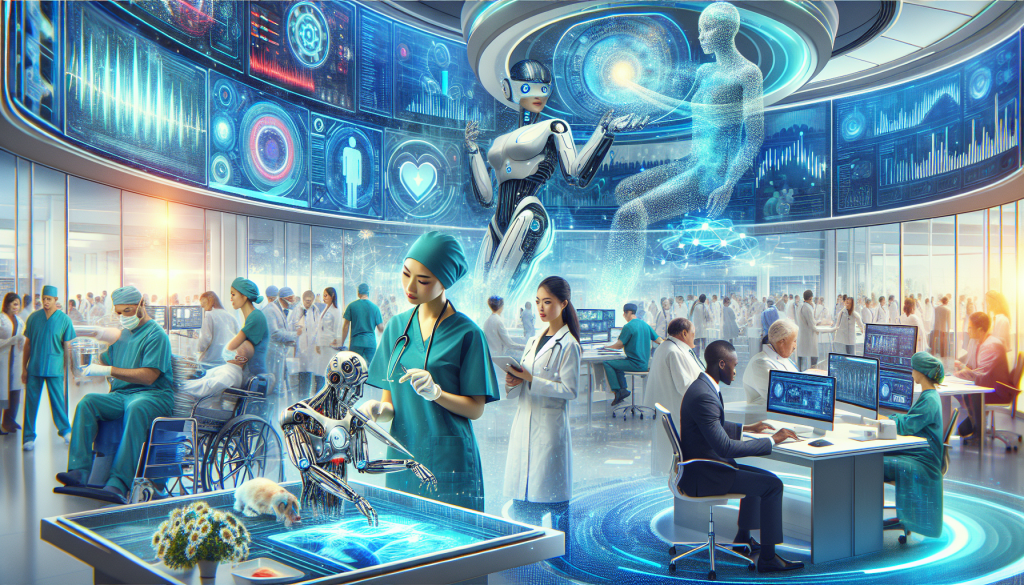
Evolving Job Descriptions
Even within traditional sectors, the game is changing. Roles in marketing, finance, and human resources are seeing a radical facelift thanks to AI tools. For example, marketers now rely on AI-powered data to tailor campaigns, proving that adapting is survival in the digital jungle.
Lifelong Learning: The New Normal
Change is the only constant, and never has that saying been truer. Professionals are expected to continuously learn and upscale to thrive. From online courses to boot camps, reskilling is key. So dust off those textbooks, because learning doesn’t stop at graduation!
Industries Transformed by AI
Healthcare
In healthcare, AI is nothing short of revolutionary. Picture this: AI helping doctors analyze test results or robotic surgery assisting with precision. A case study reveals a hospital that adopted AI technology and saw a significant drop in diagnostic errors—proof that technology can indeed save lives.
Finance
In finance, AI tools are becoming critical. Automated trading systems, fraud detection algorithms, and responsive chatbots are reshaping how we handle money. A small startup utilized AI to compete with financial giants while offering personalized client experiences—talk about David versus Goliath!
Creative Industries
Even the creative industries aren’t safe from the AI wave. You’ll find machine-generated music and AI-assisted design tools collaborating with human talent. Instead of seeing AI as a competitor, think of it as a witty sidekick that takes care of the mundane, allowing artists to focus on innovation.
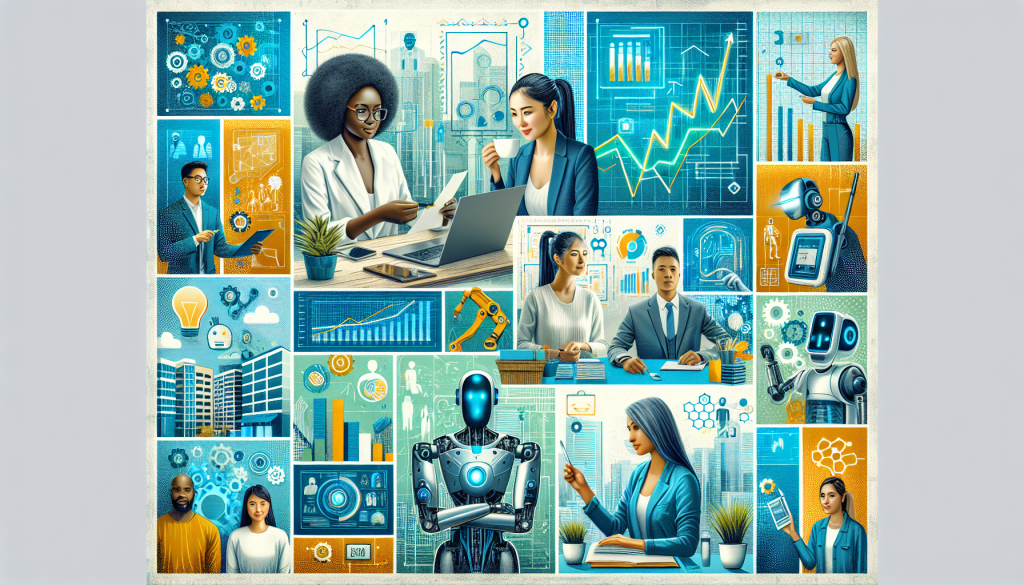
The Human Element: Collaboration with AI
Enhancing Human Potential
Here’s a comforting thought: AI isn’t here to replace us, but rather to enhance our roles. By taking on repetitive tasks, it frees us up to think creatively and strategize. Let’s face it, wouldn’t you rather brainstorm big ideas over analyzing spreadsheets?
Emotional Intelligence and Soft Skills
One thing AI can’t replicate is emotional intelligence. Skills like empathy, teamwork, and communication are more crucial than ever. Companies are increasingly valuing these qualities, and many training programs are cropping up to help enhance our “people skills.”
Challenges and Ethical Considerations
Job Displacement vs. Transformation
It’s not all sunshine and rainbows. While some jobs will undoubtedly be displaced by AI, the overarching narrative is transformation rather than extinction. The debate rages on, but statistics suggest that for each job lost, several new ones are being created.
Ethical Implications
With great power comes great responsibility. AI biases, particularly in hiring, are a hot topic. It’s imperative that industries establish governance and policies that ensure fairness and equity in AI applications. After all, we don’t want AI picking favorites, do we?
Preparing for the Future of Work
Skills to Embrace
Here’s your game plan: focus on developing skills like coding, data analysis, and project management. Plus, dive into resources like books, webinars, and online courses to solidify your expertise.
Embracing Change
Adapting to this evolving landscape requires a mindset shift. Resilience, flexibility, and a hunger for knowledge will be your best allies. Think of yourself as an agile athlete navigating an ever-changing course—embracing obstacles as opportunities.
Time to Level Up Your Careers!
So, where do we go from here? The future of work isn’t about competing with machines but collaborating with them. AI is reshaping career paths and creating a vibrant workforce full of possibilities. Here are key takeaways to keep in mind:
- Embrace Continuous Learning: Never stop being curious. Online courses are your best friends.
- Adaptability is Key: The ability to learn new skills and pivot quickly will be your superpower.
- Invest in Soft Skills: Emotional intelligence is irreplaceable, so nurture those interpersonal skills.
- Stay Informed: Keep up with AI advancements and industry trends that could affect your career.
Whether you’re a budding data scientist or an old pro in your field, remember: invest in your skills and keep an open mind. Because, let’s be honest, working alongside machines could make your daily routine a whole lot more interesting—and much less messy than that wayward coffee robot!

